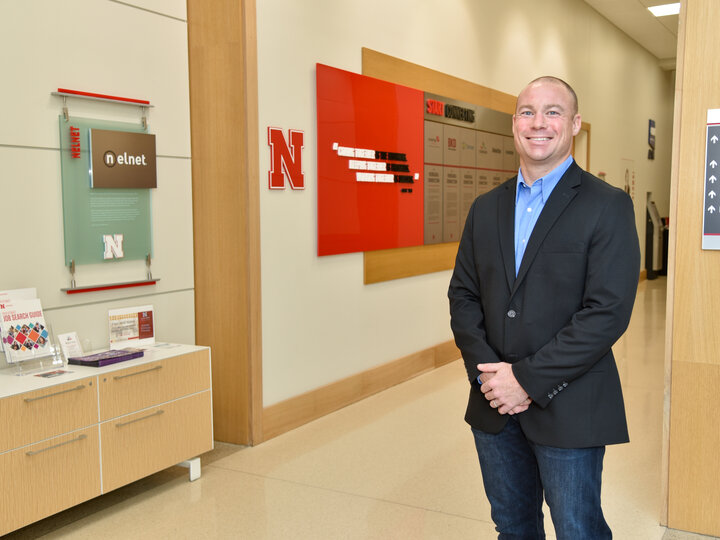Multi-Objective Dynamic Prioritized Routing and Scheduling for Home Healthcare Services With Cooperating Service Providers
Özgür M. Araz
Home health services have become a critical component of health care delivery, helping reduce pressure on hospitals. Effective delivery relies on generating optimal schedules and routes for daily patient visits and making the best use of providers’ time. This is a complex, computationally challenging problem that must be solved quickly to be practical.
We developed a dynamic home healthcare routing model that incorporates cooperating service providers, urgent requests and time-dependent travel times. We also designed new algorithms to handle multiple prioritized objectives. Our case study and experiments show that provider cooperation reduces postponed visits and travel time, while our algorithms deliver high-quality solutions within reasonable run times.
Read More







